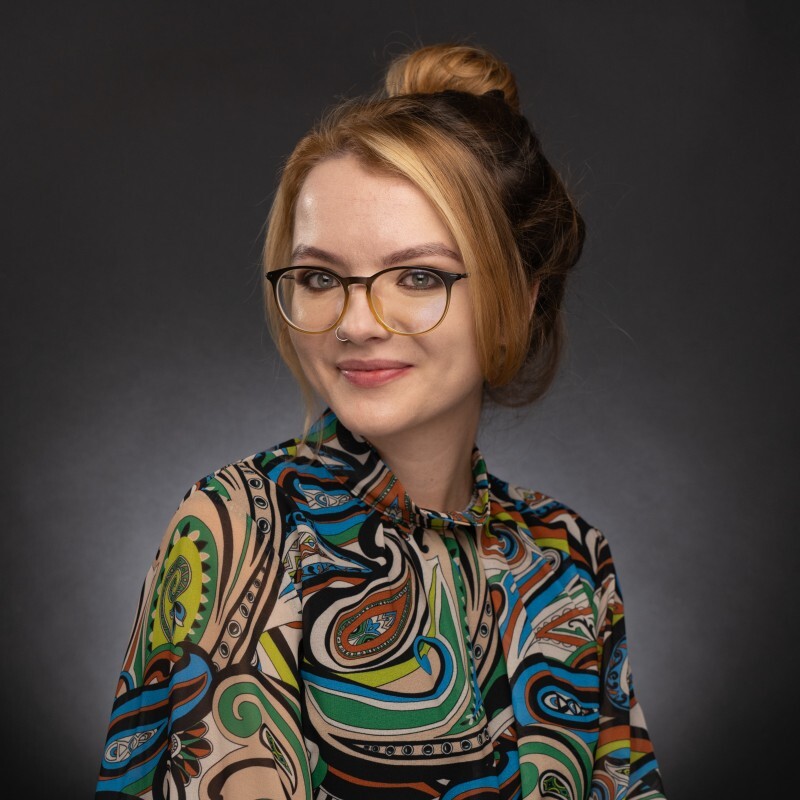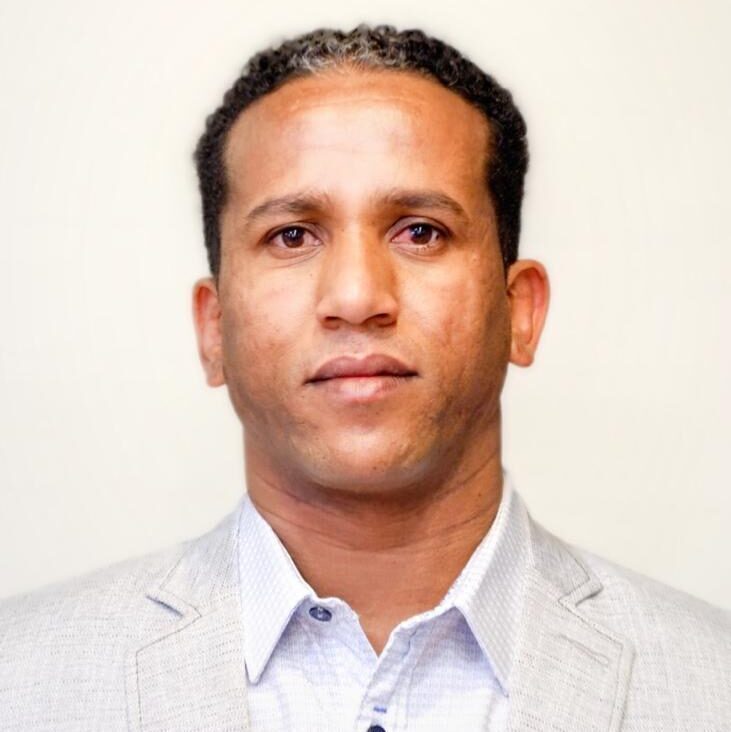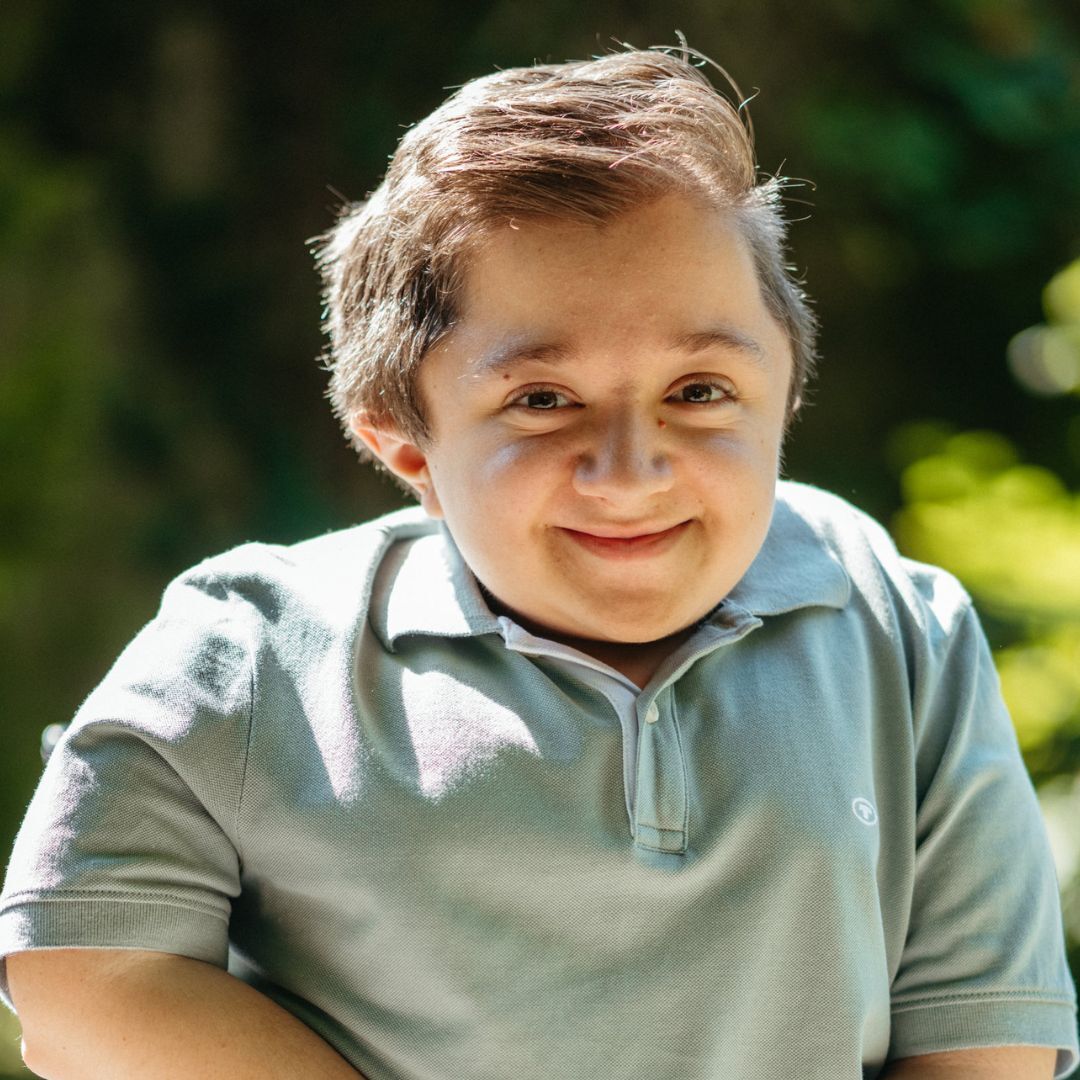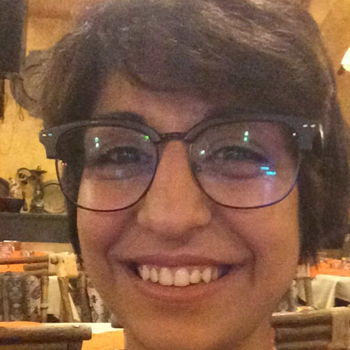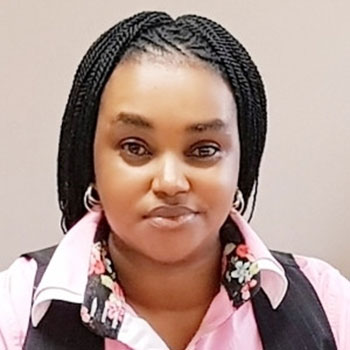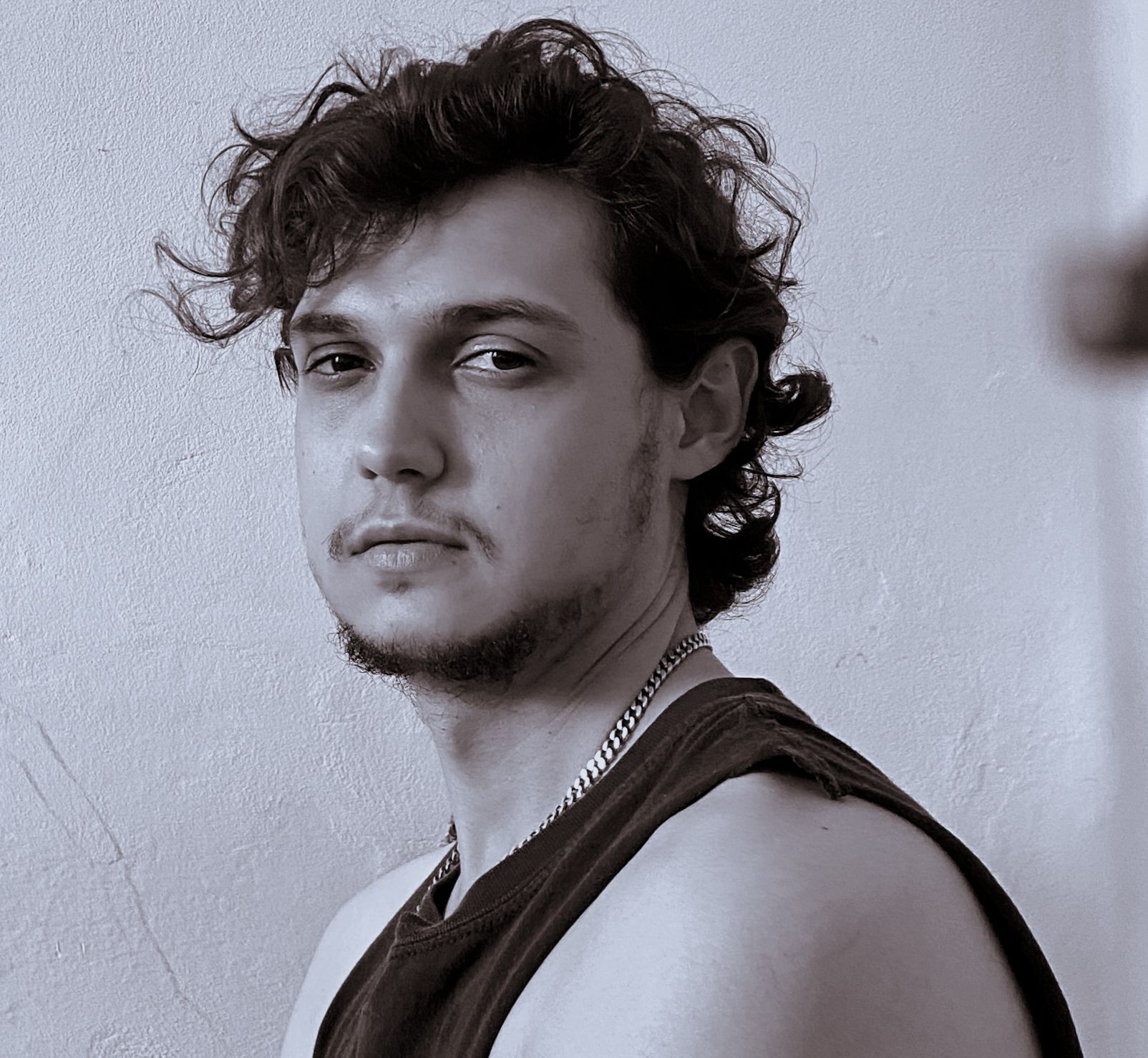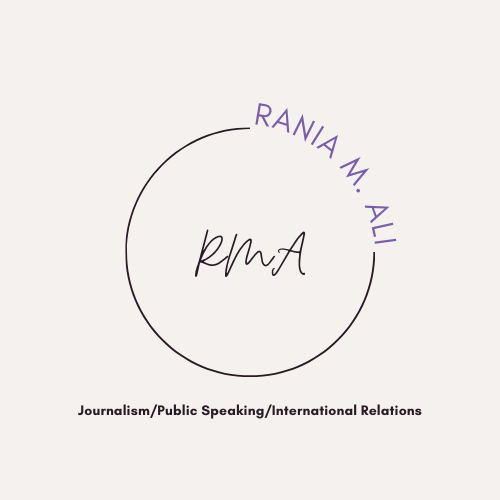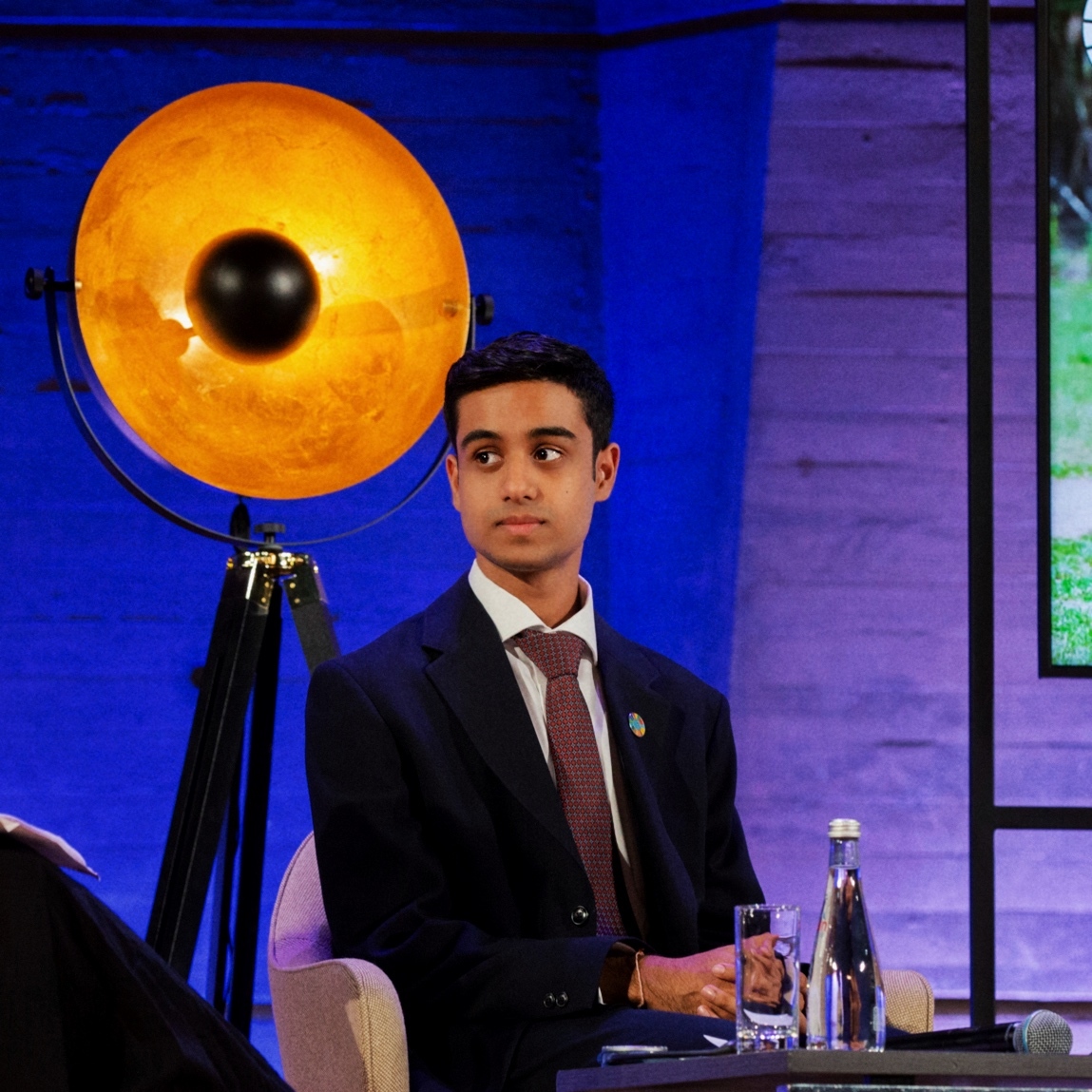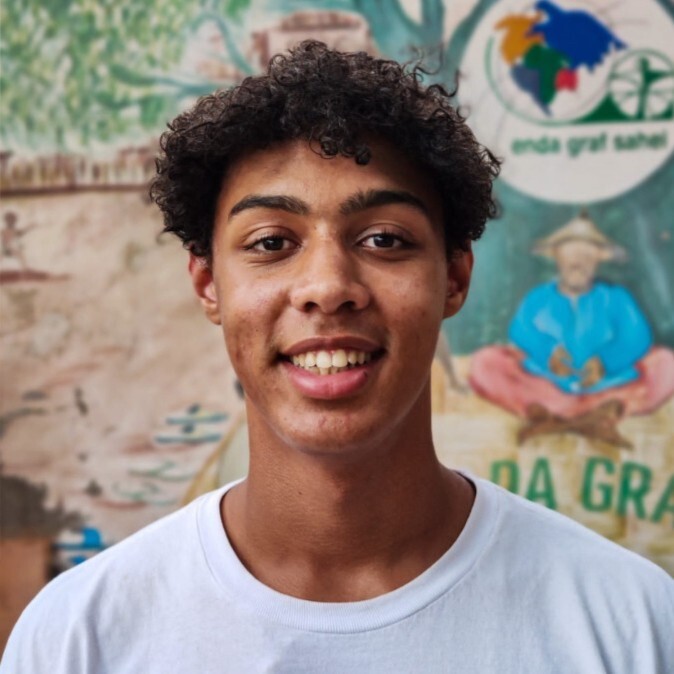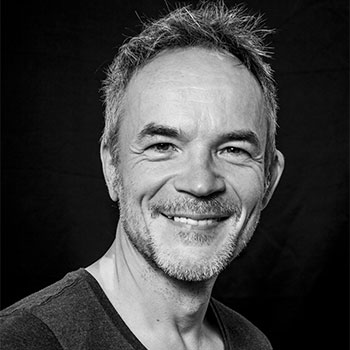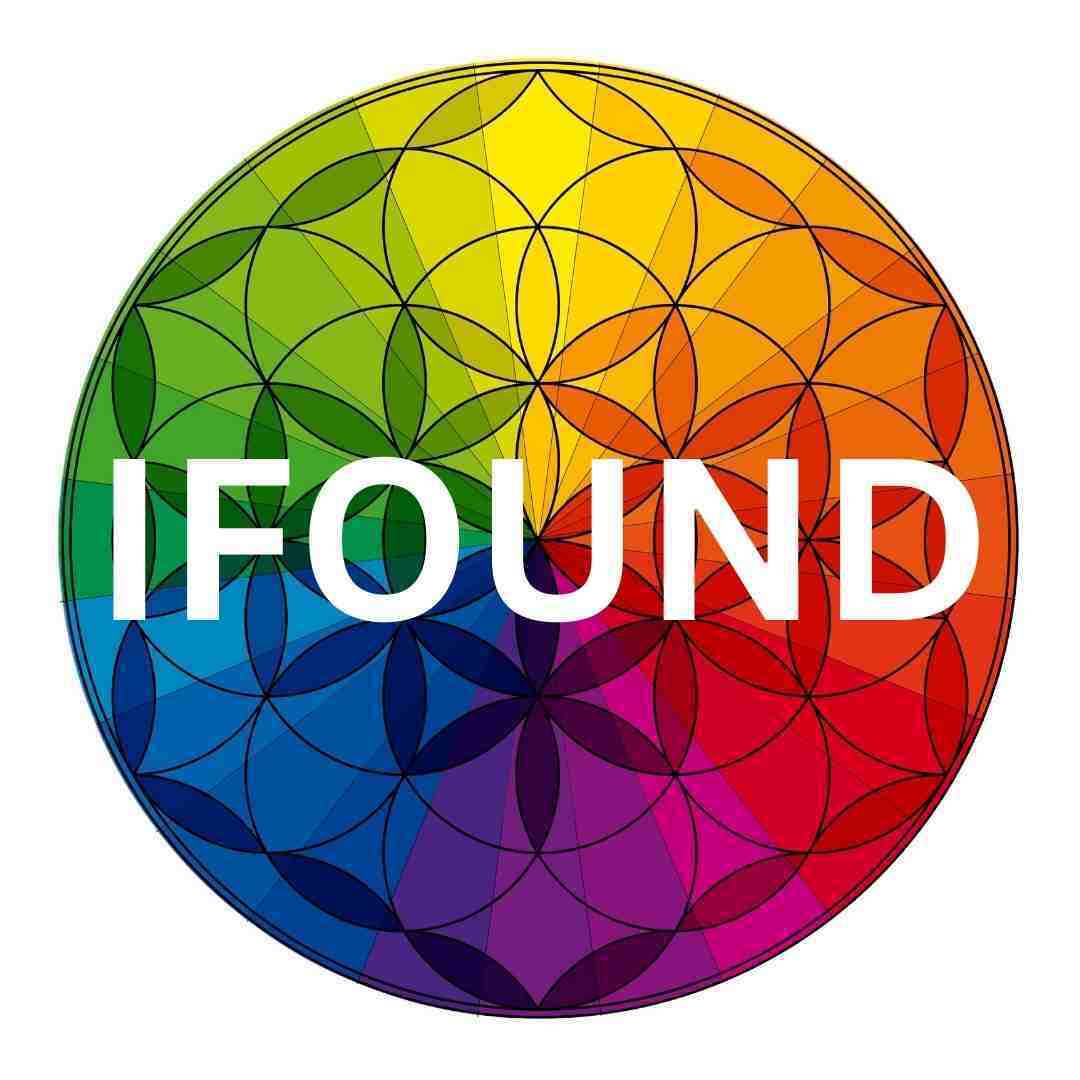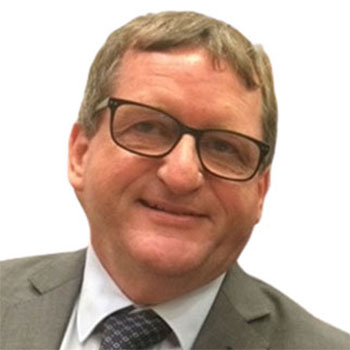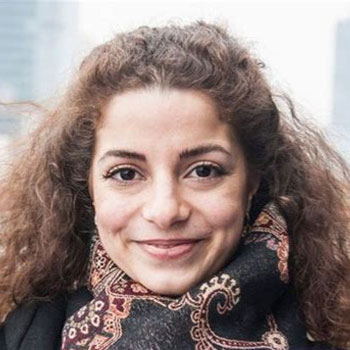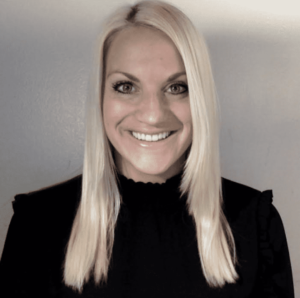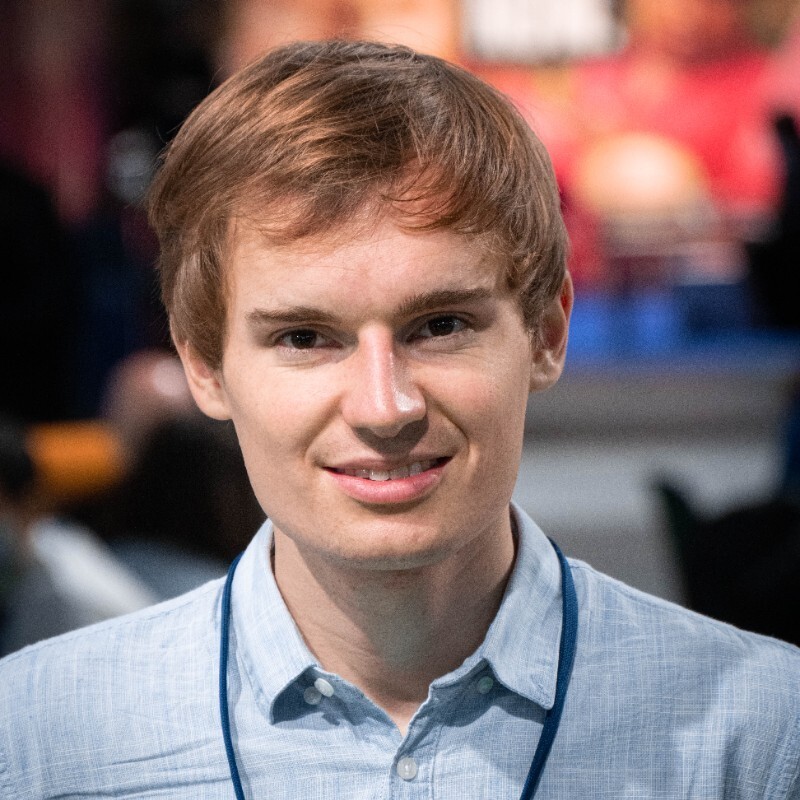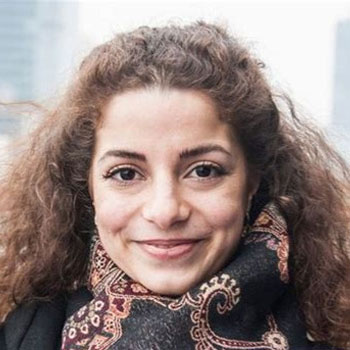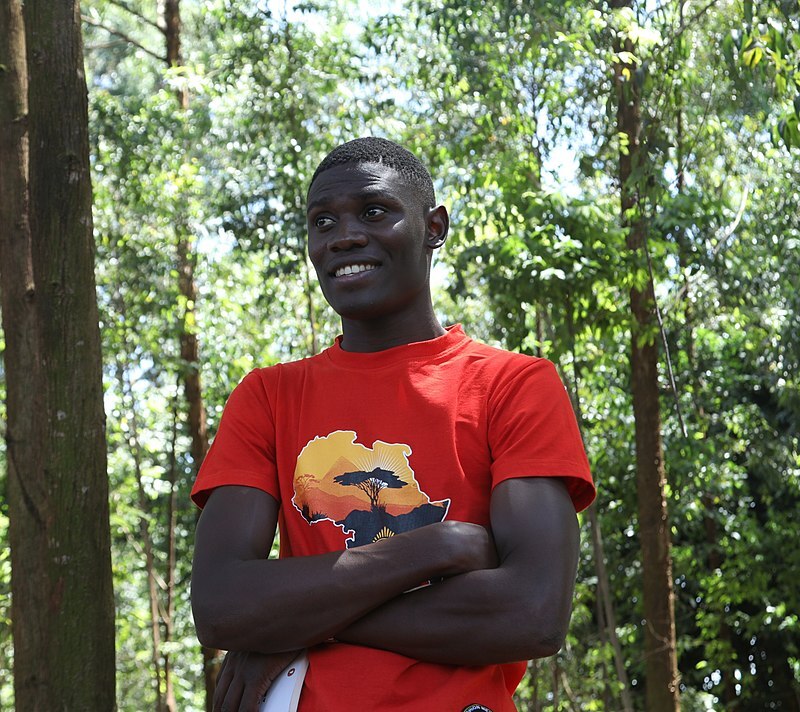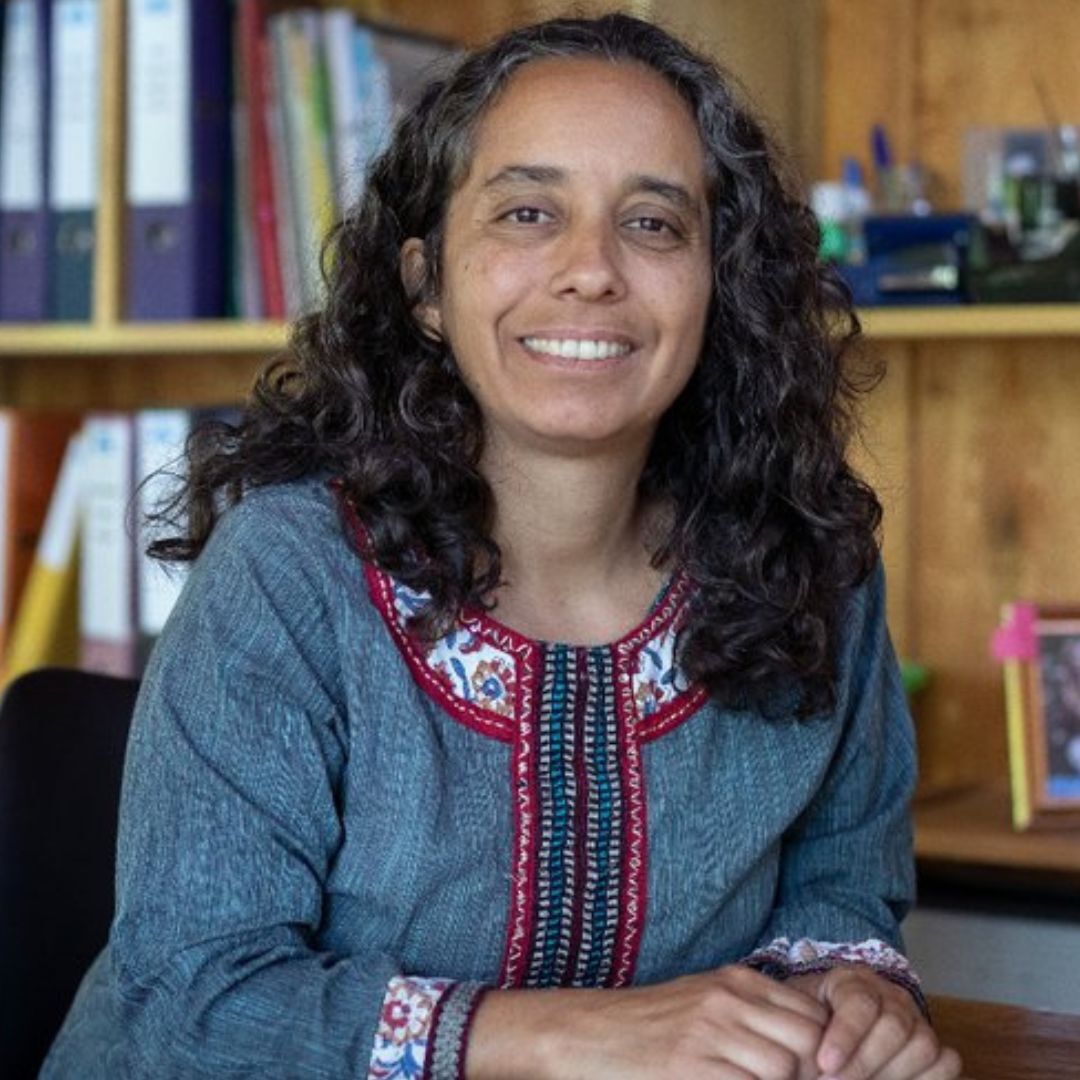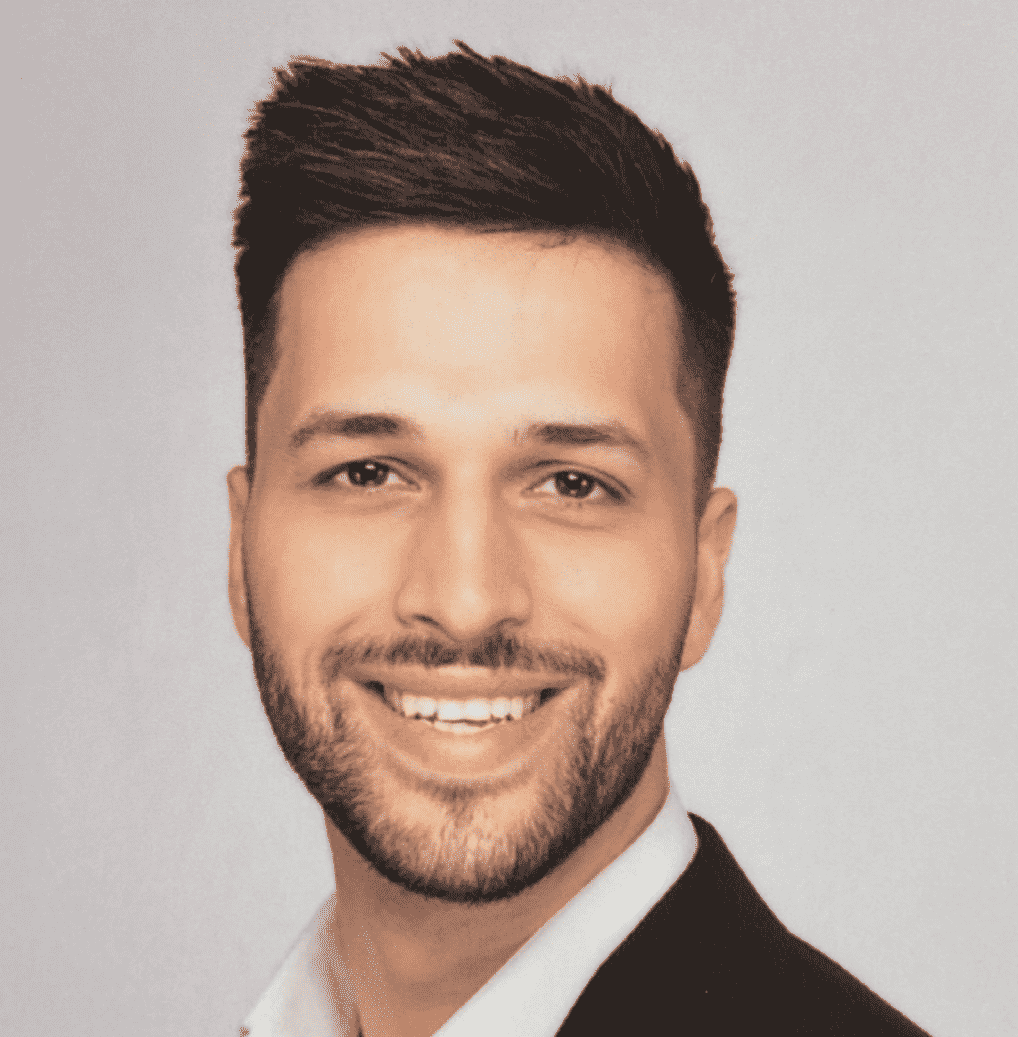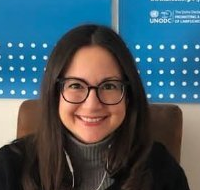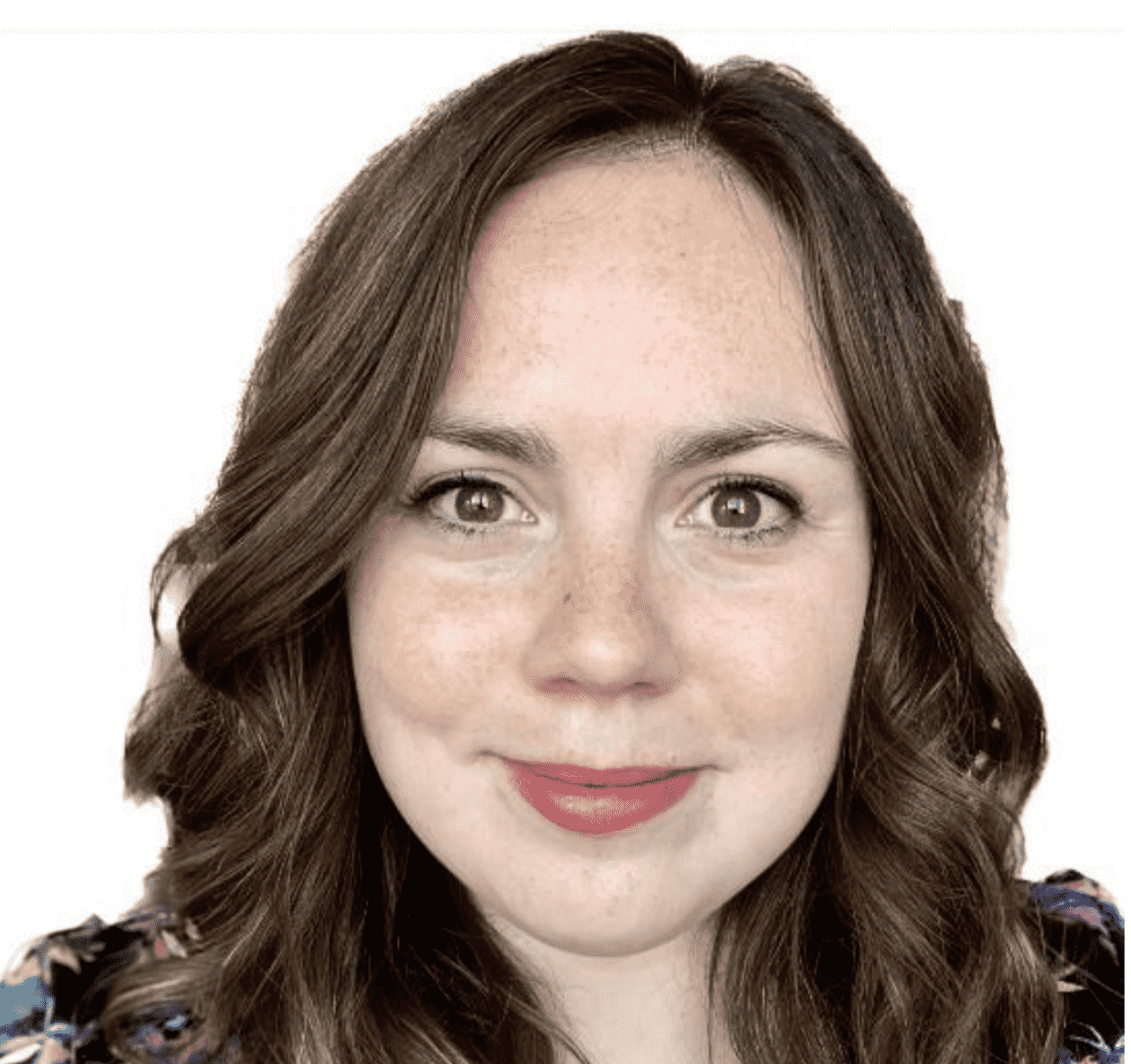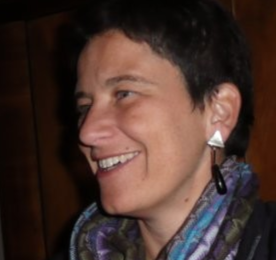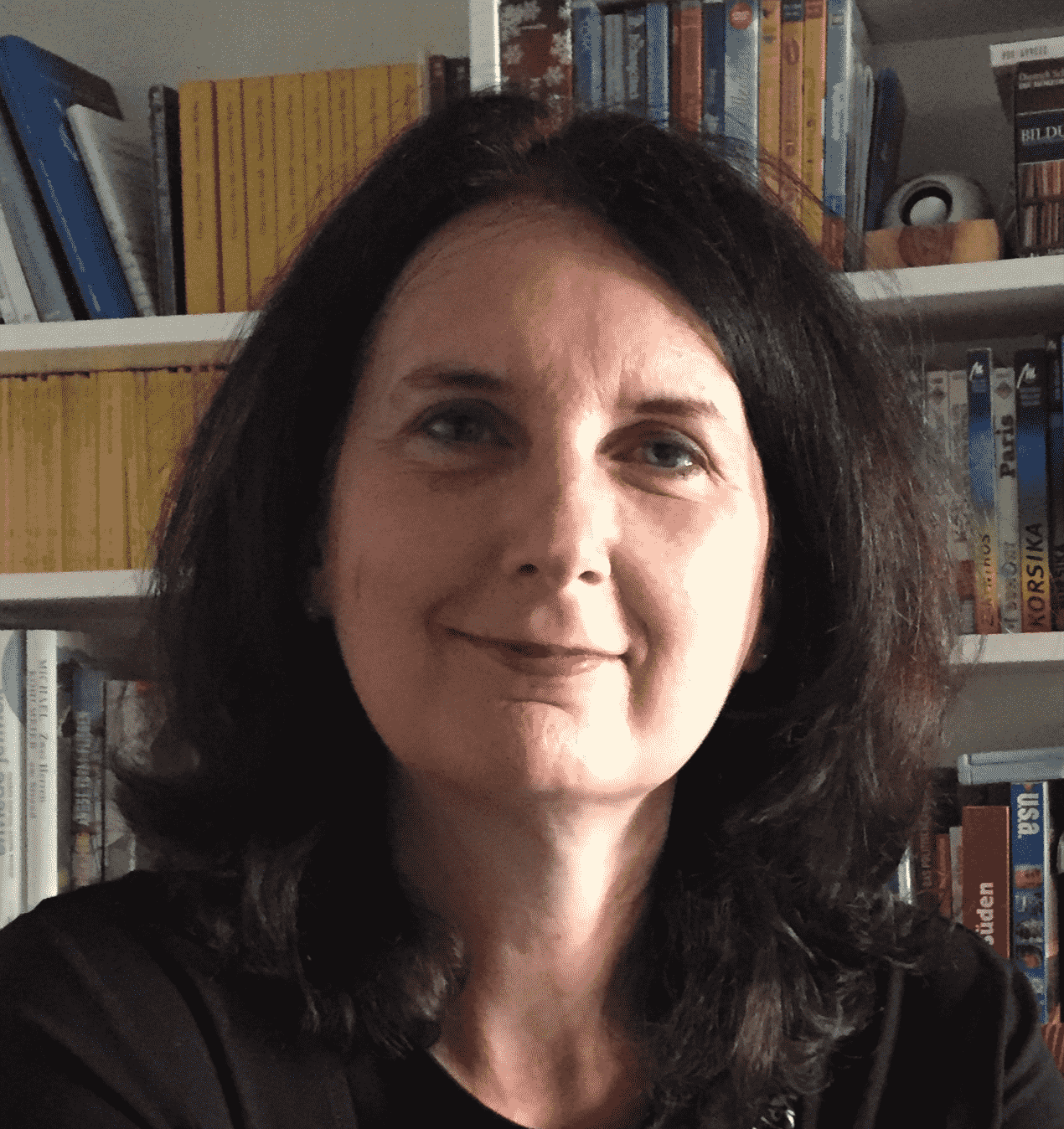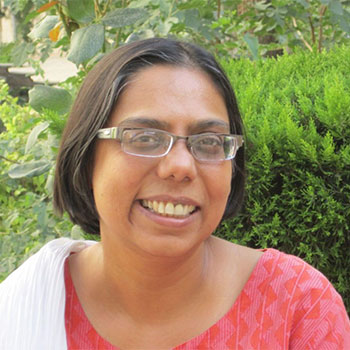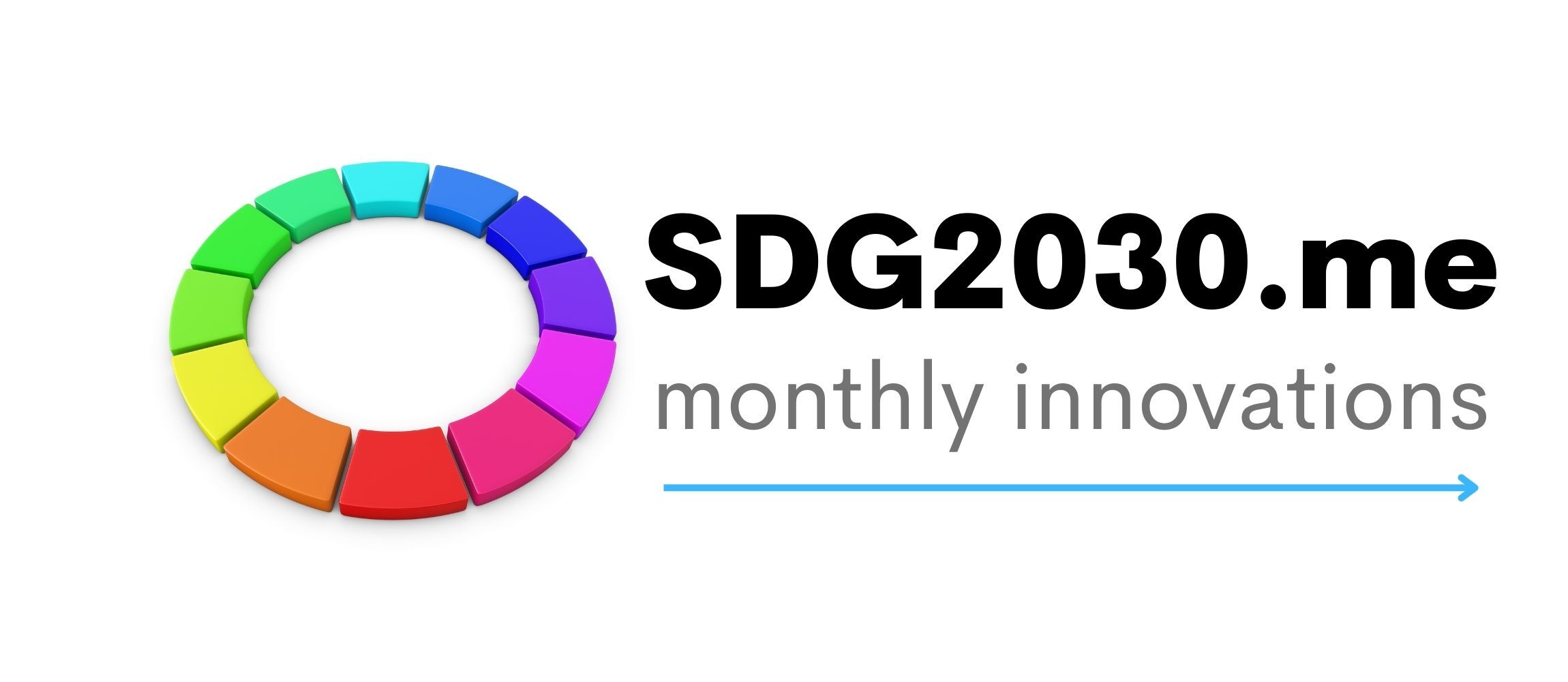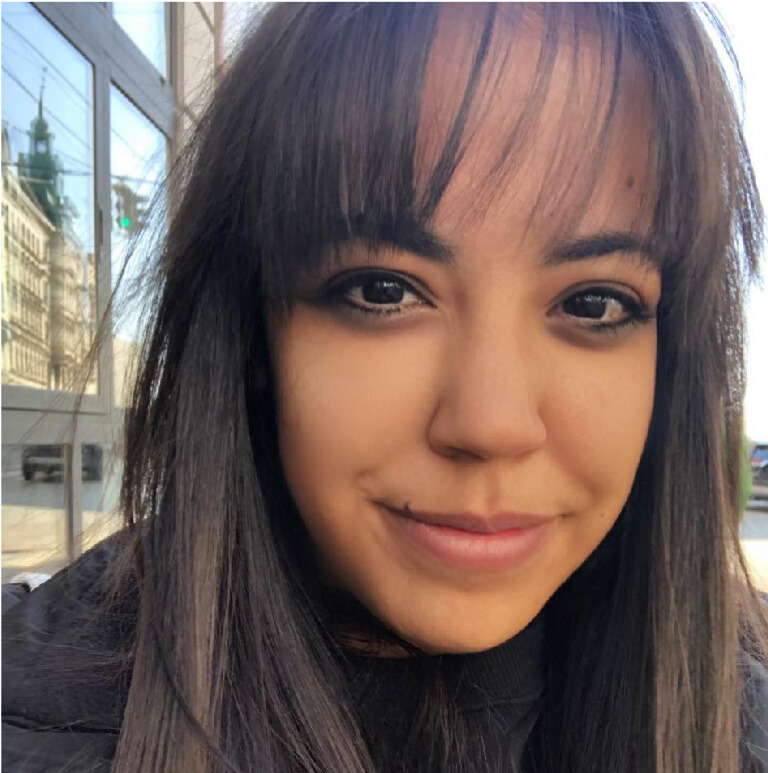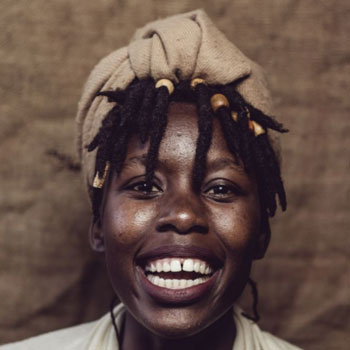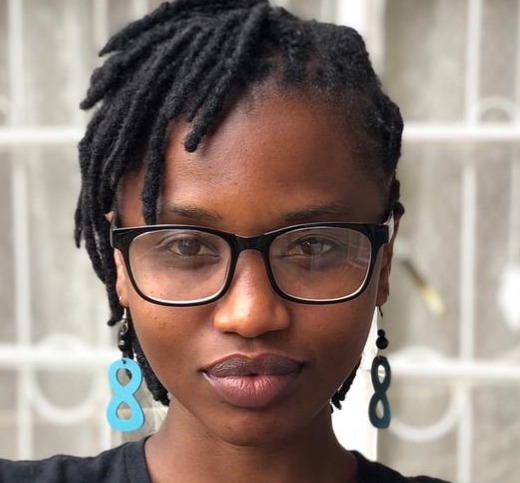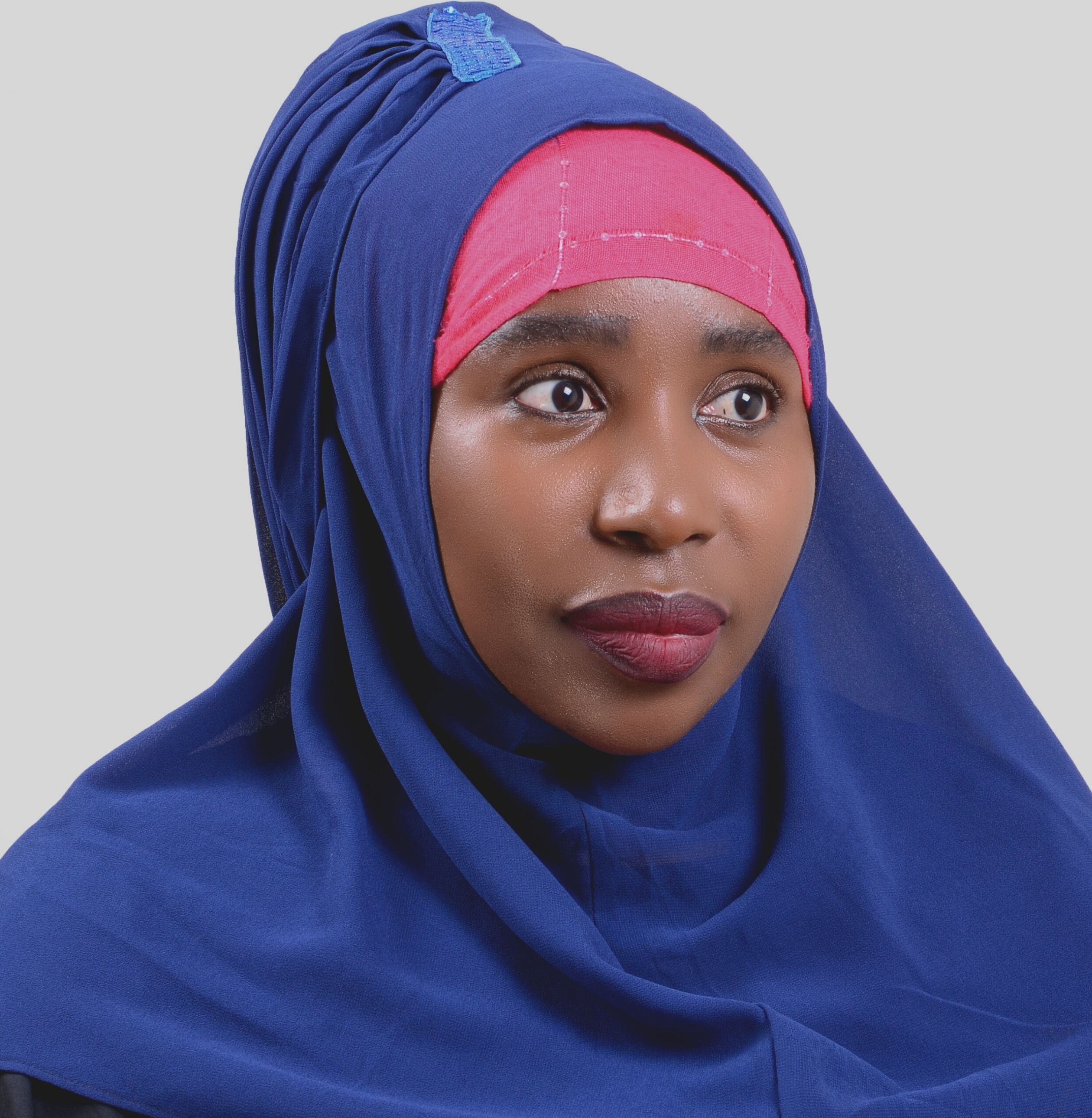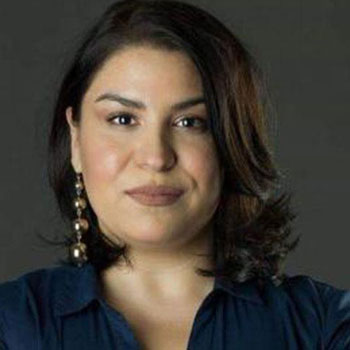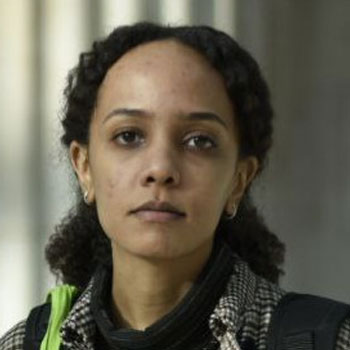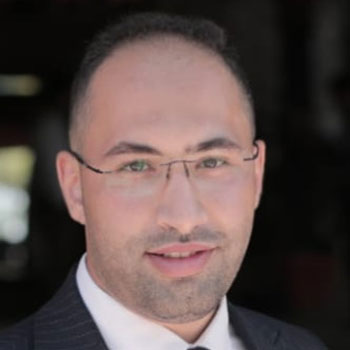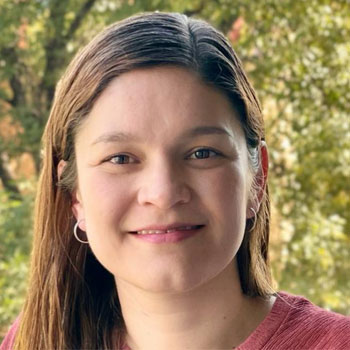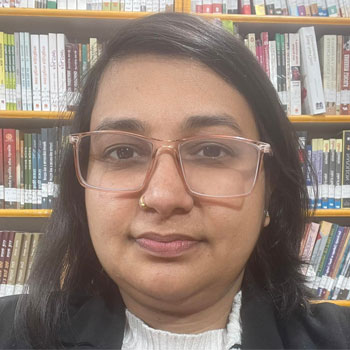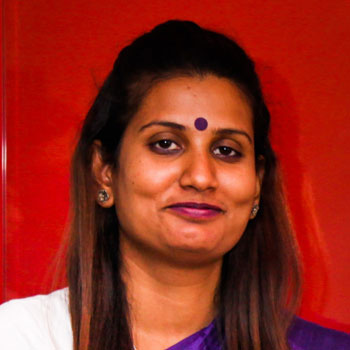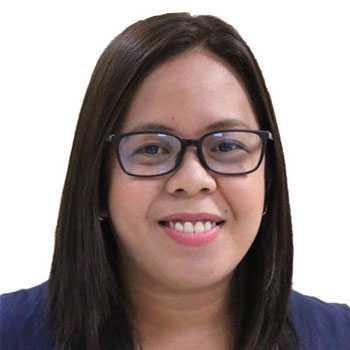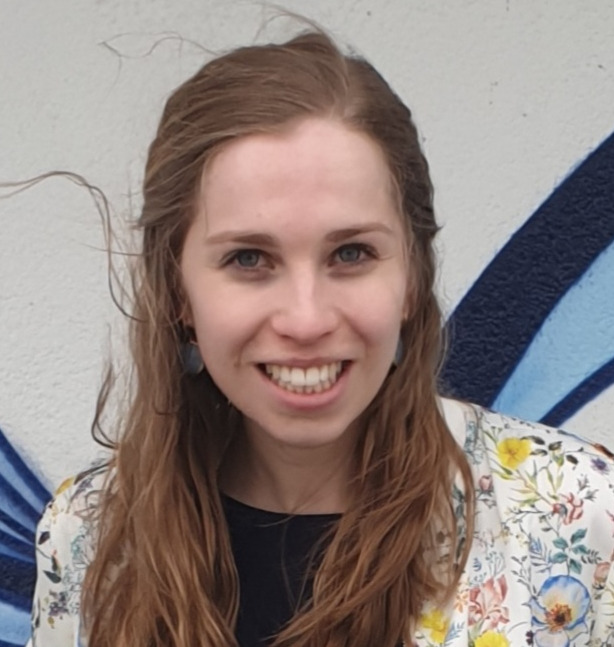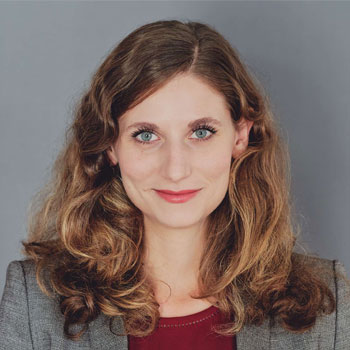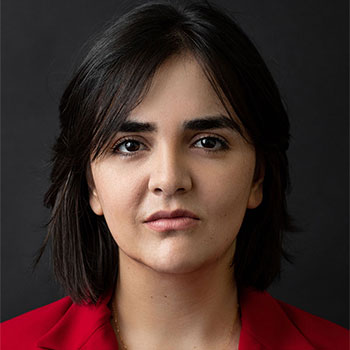Social Research and Action for
Urgent
THE CHALLENGE
Empirical evidence indicates a substantial burden of trauma among Somalis, irrespective of their geographical location, leading to a heightened prevalence of mental and physical health conditions.
This project aims to explore holistic, social-healing intervention as a solution to influence Somali communities’ understanding of the impact of mental health and trauma and their role in transformation.
Emphasis is on supporting Somali youth to understand the impact of mental health and trauma on individual and societal wellbeing.




Scalable
THE RESEARCH
In 2023, the Kenyan SafePlace Consult (SPC) conducted a comprehensive needs assessment on the current circumstances, historical context, and potential collective interventions for Somali youth. Human rights were in scope.
Insights from the study unveiled myriad challenges faced by Somali youth, ranging from urbanization and settled life to gender expectations, the unique roles of elders and women, and the repercussions of improved socio-economic status, particularly on mental health discourse among Millennials and Gen Z.
THE QUESTIONS
How can the Somali communities’ understanding of the
the transformative impact of mental health and trauma
be enhanced? How can those methods be scaled?
EXECUTIVE SUMMARY
Explore results of the research project
Key Findings
Key findings underscored shared challenges of unemployment, corruption, and recruitment into extremist groups among Somali youth in both Kenya and Somalia. Additionally, distinct challenges emerged, shaped by internal struggles and systemic issues influenced by government policies. Somali youth in Kenya confronted issues such as marginalization, migration due to marginalization, ethnic profiling, extrajudicial killings, and recruitment into extremist groups. Conversely, counterparts in Somalia contended with the aftermath of a 32-year war, limited access to healthcare and education, and the erosion of social fabric. Similarly, Somali youth refugees in Kenya faced a precarious fate, often becoming stateless with limited opportunities.
Internal Barriers
Internal barriers within the community further impeded access to mental health services for Somali youth. These barriers encompassed community stigma, reliance on rehabilitation centers for extreme cases, parenting challenges (inadequate emotional support, parental expectations, and imbalances in responsibilities), harmful cultural practices, societal expectations, and psychosomatic diseases. Somali youth coped with these challenges through various means, including religion, spirituality, physical exercise, reckless behavior, substance abuse, self-harm, and self-medication.
Pervasive Stigma
The study exposed pervasive stigma around mental health within the Somali community, attributed largely to supernatural causes, resulting in insufficient support and understanding for the mental well-being of youth. This collective trauma was compounded by a lack of adequate facilities to address their needs.
Recommendations
To disrupt this cycle, the report recommends broader research, the development of holistic social healing approaches, and the initiation of a pilot program in Northern Kenya. Participants in the discussions acknowledged the urgency for immediate action, leading to the conception of the Support & Transformation Network (S&TN) program by SafePlace Consult. This preventative measure aims to provide comprehensive support and solutions to address the pressing challenges faced by Somali youth.
NEXT STEPS
In the context of the Mental Health and Psychosocial Support
(MHPSS) Intervention Pyramid, the S&TN Program will focus on:
& Security
sample activities:
community events,
participatory action research
& Family Support
sample activities:
safety net discussions,
activating social networks
Support
sample activities:
training in MHPSS
and parenting skills
Support
sample activities:
referring to mental health
hospitals and professionals
RESEARCH TEAM
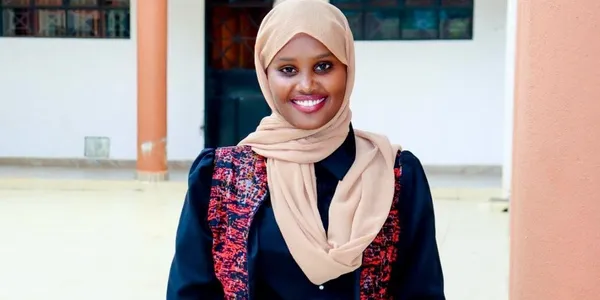
Halima R. Yassin
Halima has a wealth of unique local and international experience and knowledge in social research, monitoring and evaluation (M&E) as well as in project management. She has led projects targeting the alleviation of suffering for marginalized, minority, discriminated, at- risk and vulnerable communities.
With over 12 years of experience in the field in the Horn of Africa, she brings unique value ensuring desired results are attained through effective, efficient, ethical and economical approaches. She has a BA in International Relations and an MA in Public Policy from Strathmore University, Kenya.

KALTUMA NOOROW
Kaltuma is a seasoned professional in program management and coordination, specializing in social healing initiatives across Kenya, Ethiopia, and South Sudan. Over the past eight years, she has devoted herself to crafting impactful programs tailored to diverse contexts.
In 2016, Kaltuma spearheaded a significant peacebuilding endeavor engaging 3,887 participants and earning recognition at the prestigious Paris Peace Forum. Additionally, she has been pivotal in pioneering virtual social healing programming, contributing engaging content and videos for digital learning platforms.



